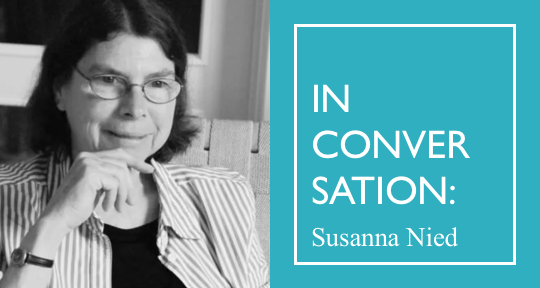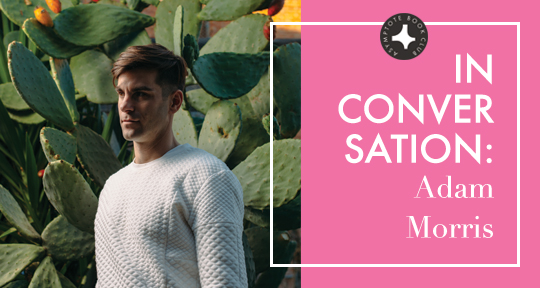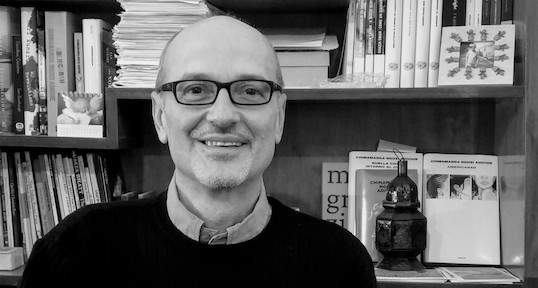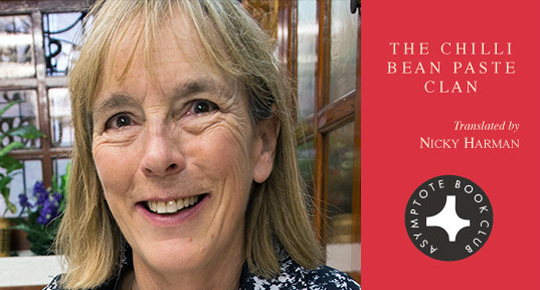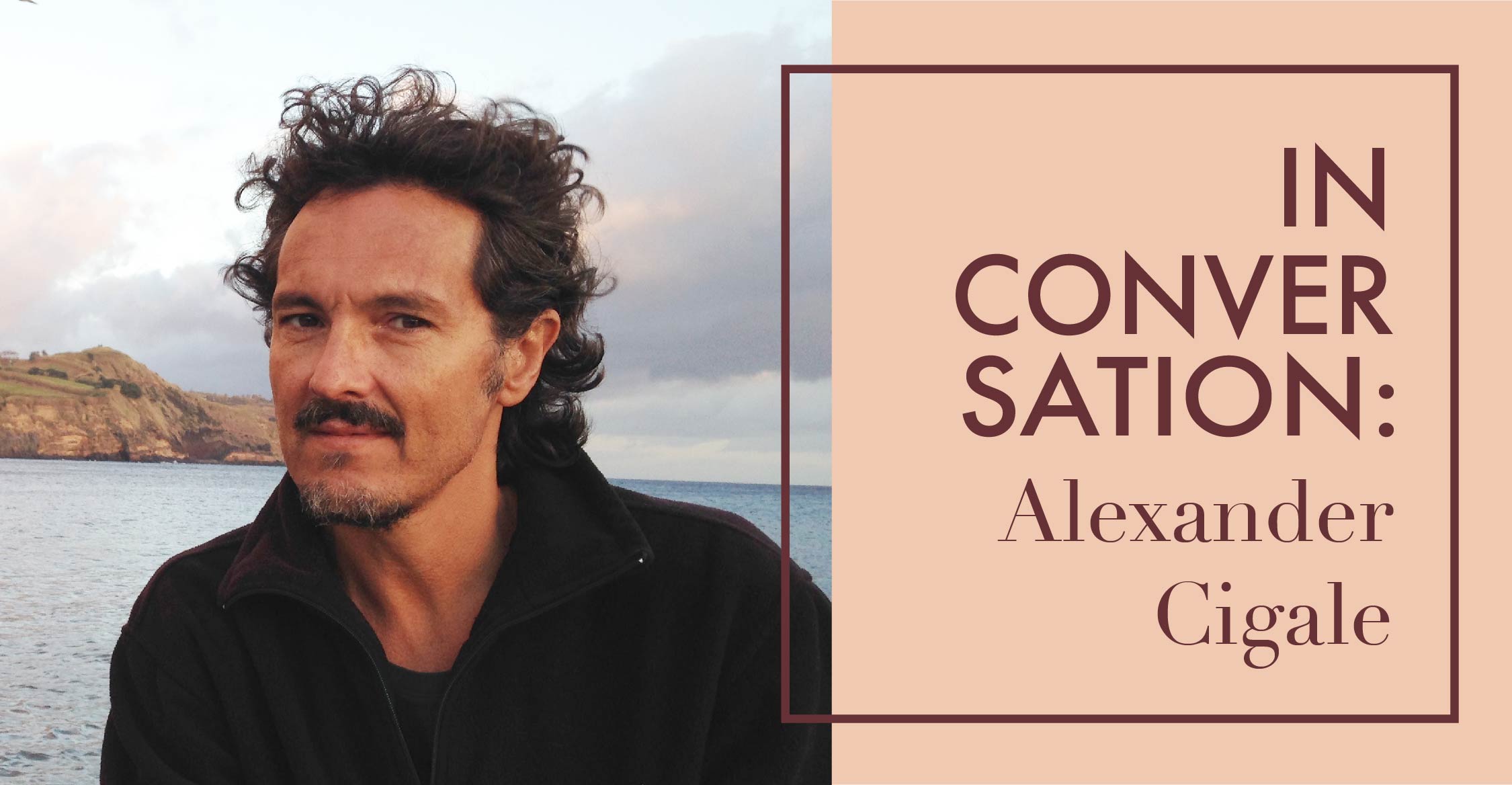A giant in world poetry and experimental text, much of Inger Christensen’s influence can be seen cascading to many generations of writers, in several languages. Her book-length poem, Det (1969) shook the foundations of Danish poetry, and in its translations, continues to startle and affect readers profoundly. Her essays have been translated into English and collected into a volume for the first time. To mark this literary event, poet and former Asymptote team member Sohini Basak spoke via email to Susanna Nied, who has translated into English Christensen’s poetic oeuvre as well as the forthcoming book of essays The Condition of Secrecy (New Directions).
SOHINI BASAK: For those of us bound by the English-language, it is because of you that we’ve come to know of Inger Christensen’s poetry. And as you’re the translator of her complete poetic oeuvre, it’s very interesting that you started with her first book (Light), and then the sequence almost coincides with the order in which the original collections were published … although not entirely. How did you decide your working order?
SUSANNA NIED: I actually didn’t do anything like choosing a working order. When I started on Light, in the 1970s, I didn’t know Inger had written anything besides Light and Grass. I didn’t even know who Inger was, and I certainly didn’t know that I was going to become a translator, much less her translator. I was just a university student browsing the library stacks for something Danish to read for pleasure, and I happened upon this little bibliography of contemporary Danish poets. When I got to “C” I found “Christensen, Inger”.

